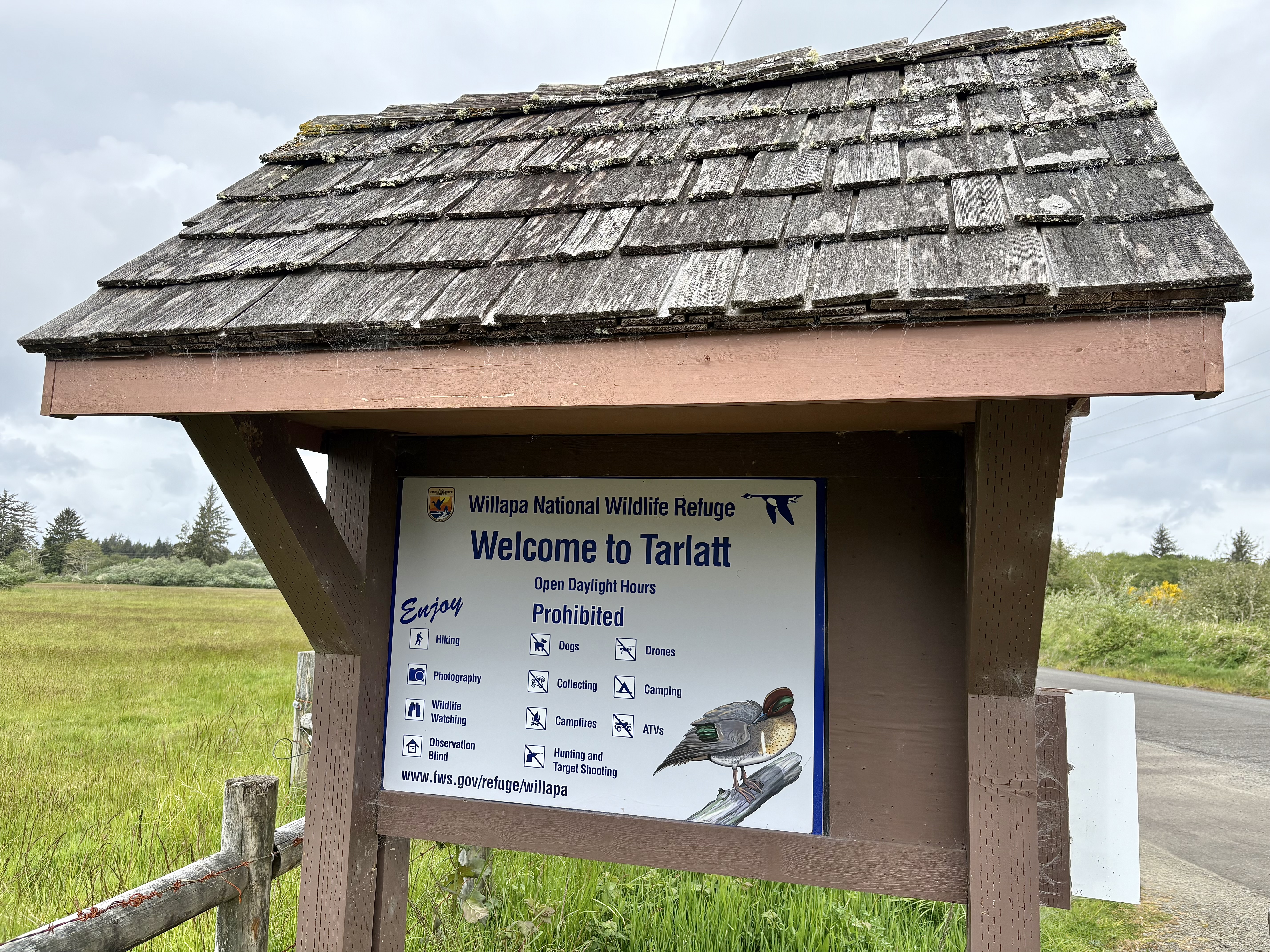Editorial: We must find decent answers for trailer park residents
Published 10:53 am Monday, June 20, 2022

- Beacon RV Park at the Port of Ilwaco, photographed on May 29, has provided affordable if sometimes substandard housing for dozens of people, who now face uncertain prospects about where to live.
Controversy surrounding Beacon RV Park in Ilwaco is vitally important to the people who call it home and a small taste of a larger problem facing mobile home residents across the county, state and nation.
Trending
Beacon isn’t the first and certainly won’t be the last local flashpoint in a growing conflict between affordable housing, land-use rules and investment decisions.
To be diplomatic, Beacon has accumulated a “colorful” reputation over the past couple decades. Located in what might otherwise be considered a fairly prime location adjacent to the port, the park has been responsible for more than its share of police calls, even as the majority of its residents are law-abiding working people without a lot of options.
This issue has been brewing a long time. Here in Pacific County, as in many other places, political and civic leaders effectively agreed to turn a blind eye to trailer parks that pretty clearly violated the spirit, if not always the letter, of laws intended to bar permanent residency at RV parks meant for transient/vacation use. We did so out of a belief that poor housing was better than no housing during the period when the county was often seen as a forgotten rural backwater.
Trending
Finding new ways to accommodate trailers and the residents who rely on them makes good sense and is the ethical thing to do.
But rapidly rising property values coupled with an unprecedented increase in coastal tourism have transformed the financial calculus when it comes to manufactured home parks — not only for small RVs like those at Beacon, but also for owner-occupied single- and double-wide trailers on rented lots.
In an in-depth report subtitled “Across the country, corporate landlords are expanding manufactured housing portfolios and driving up rents, pushing longtime residents out,” the New York Times on March 27 explored the situation. (See tinyurl.com/NYT-Trailer-Parks) Although the case studies outlined by the Times don’t precisely mirror the Beacon problem, some general themes will sound familiar, for example:
“If residents of mobile-home parks can’t keep up with rising rents, or can’t afford to make the often extensive alterations to porches, gardens and awnings that are required under the new management’s rules, they are swiftly replaced. With prices and rents for all kinds of housing soaring in many parts of the country, demand for manufactured housing is climbing. Many young professional families and college students turn to mobile home parks as a final vestige of relatively affordable housing.”
As a practical matter, if there is a willing seller and a willing buyer — as is the case with Beacon — there are few interventions under U.S. jurisprudence that can substantially change the outcome. Under one legal mechanism mandated by a few states but not in Washington, park owners are required to give residents right of first refusal to buy the land their trailers sit on. (See tinyurl.com/Residents-Buy-Trailer-Parks) It would be good to see Washington lawmakers find a new path forward for that idea after the state Supreme Court struck down an earlier attempt, ruling it an unlawful “taking.”
Moving forward, Pacific County and its municipalities need to provide innovative answers to this dilemma, of which the most promising may require new state legislation and which will certainly require state financial help. While there are existing — albeit challenging — ways to authorize and fund multi-family apartments, we need to find paths to establishing government-subsidized trailer parks for qualified low-income individuals and families. This need not be in the form of direct ownership or management, but tax and zoning breaks coupled with strict management agreements could be an answer.
Although it’s almost certainly not a role local cities, ports or the county will happily embrace, the fact is that several of our most vital industries — shellfish, fish processing and tourism to name three — rely on a labor force that finds it increasingly difficult to live here. We also have older neighbors who are hardly able to make ends meet on meager Social Security checks. They, too, deserve consideration.
Finding new ways to accommodate trailers and the residents who rely on them makes good sense and is the ethical thing to do.









